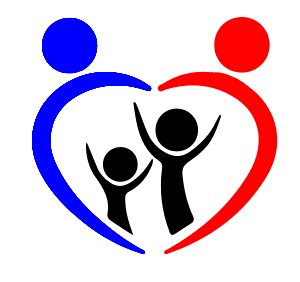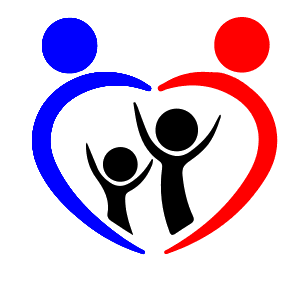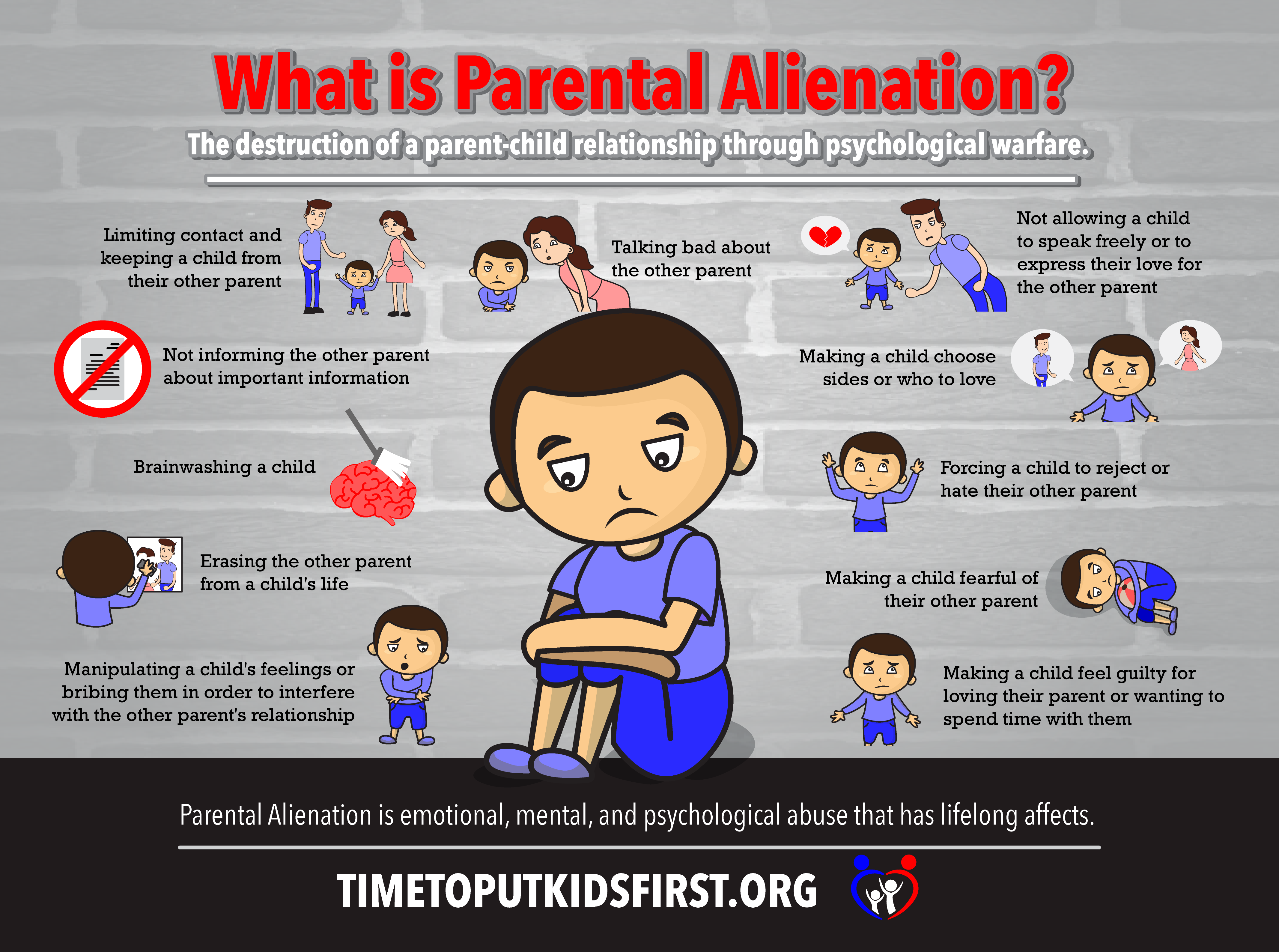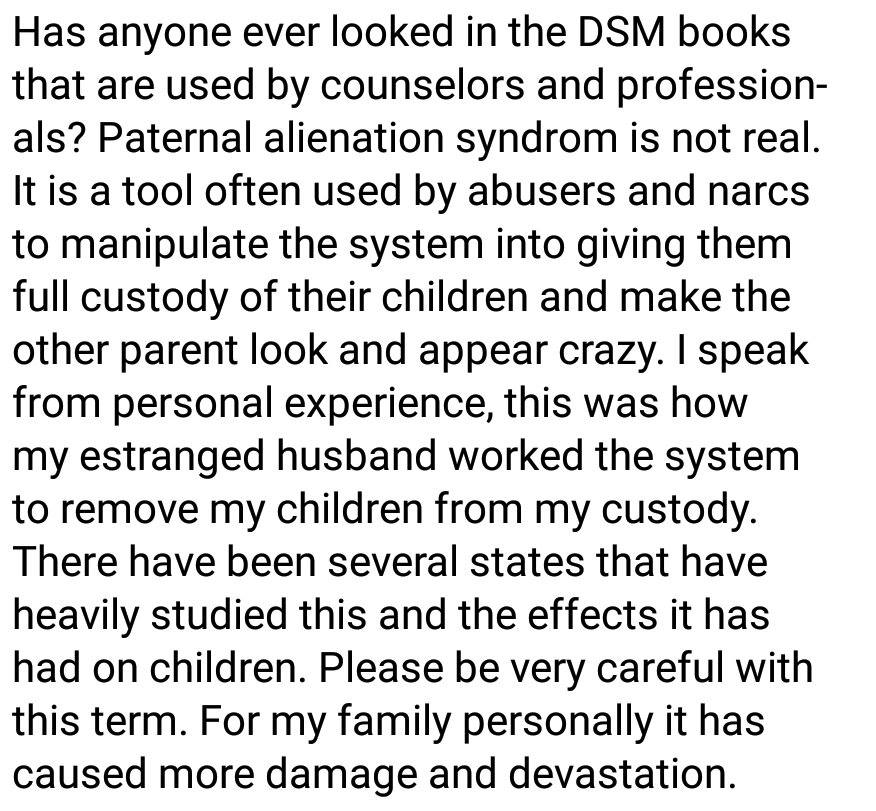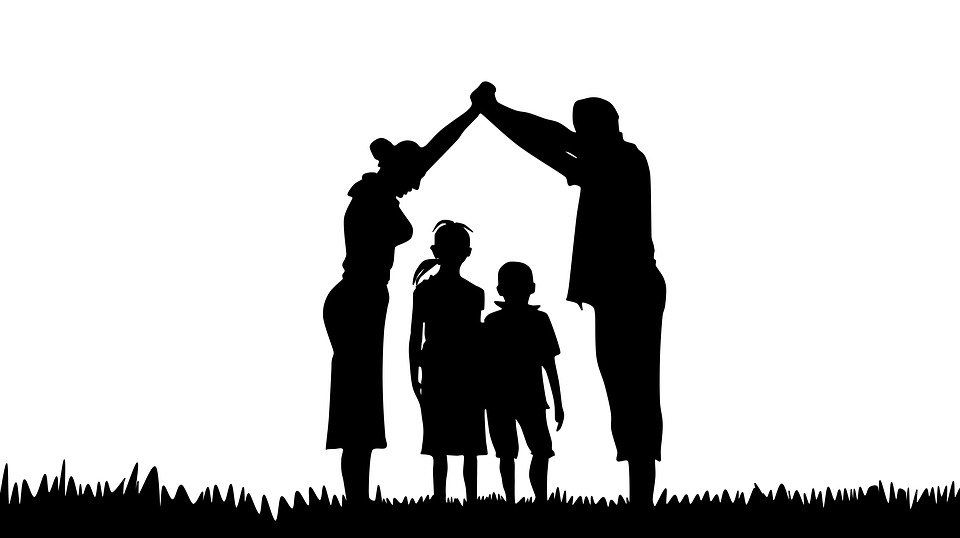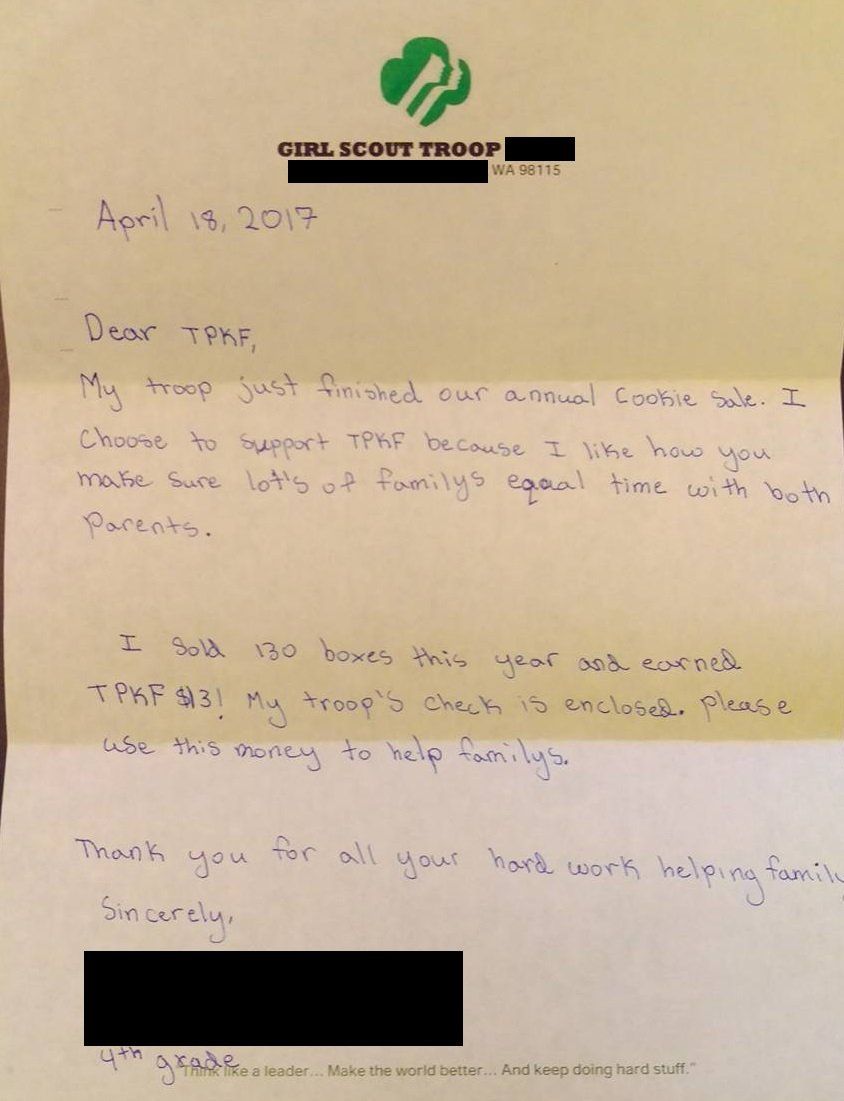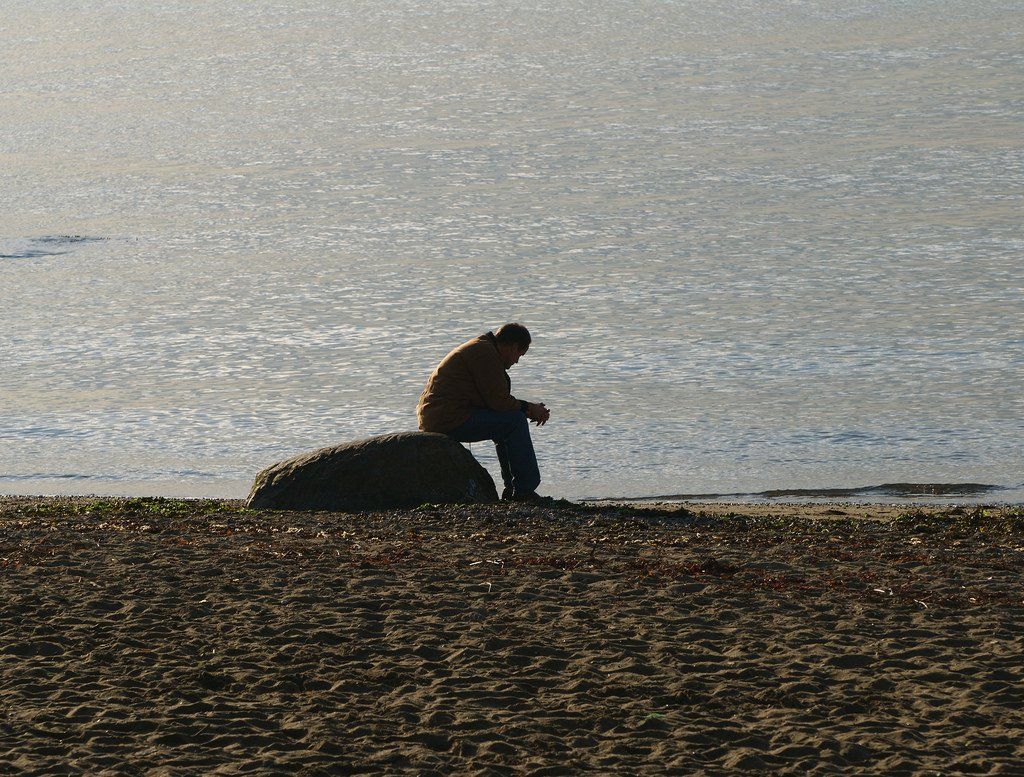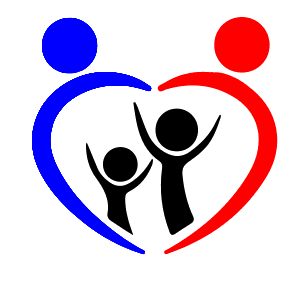
Editor: Ben Williams
As the father of two beautiful daughters I never in my wildest dreams imagined or even thought possible that I would become obsolete in my children's lives. I had known people going through divorce and dealing with child custody; both friends and family. But, I had never pried or asked many questions. I didn't know the details of their situations and didn't want to get in the middle of their business. Quite honestly, I assumed their hardships must have been created due to their own actions, that they must have "done something wrong." Now, I am completely ashamed and embarrassed that I ever thought that. That I was so ignorant. That I didn't ask questions. After being through the family court system myself, seeing the horror behind those closed doors, I now understand their pain.
My daughter's mother and I were both working parents who invested a lot of time with our daughters; both taking on the roles and responsibilities fairly. When our daughters were 10 and 7; we started the divorce as we were no longer "in love." What began off as an amicable divorce and reasonable orders that included agreed upon joint custody, became a nightmare. After a year, I began dating again and found myself in pretty serious relationship. The day my children's mother found out, is the day everything began to change.
Not too long after, she took our daughters and moved. Giving me no notice, no idea where they were going, or any information at all. I showed up to pick them up as normal one Thursday night and they never showed. I called and I texted with no answer or reply. After hours, I called called hospitals, called the police, called everyone I could think of. I received no answers and no help.
After a few months and the help of a private investigator I tracked them down, filed in court, and tried to re-establish parenting time with my daughters. I never expected what was to come. The allegations of abuse, some of the most horrific allegations I have ever heard. With no proof or evidence, a 2 year restraining order was put in place which included my two beautiful daughters. I cannot begin to describe the heartache and pain this brought upon me. What had began as a glimpse of hope after finding them quickly became a deeper pit than the one I was in before. With each passing day, it seemed to get worse and worse and there seemed to be no end in sight.
I am now nearing the 2 years of the restraining order, hoping to get it lifted, hoping to regain contact with my daughters. But, I am so afraid, afraid of whats been said to them, afraid of what they think and believe. Two years is a long time, a lot of time to create a lot of damage in a child's mind. I just want to hold my daughter's again and tell them how much I love them; but, I'm afraid I may not get that opportunity again. There is no worse feeling than that, there is no greater pain.
Looking back, I feel terrible for my ignorance toward those who were in shoes like mine, those who I gave a mere pat on the back to as they suffered in silence. I can't begin to describe the regret I feel because after going through it myself, I see myself in those who are judgmental and believe I must have done something wrong or "deserve" what has happened. That alone is torture, but combined with the emotional despair of being without my children has put me in a tough spot.
I am trying to be optimistic for the future, for reuniting with my children, and for their acceptance of me; but after going through what I have, it is an on-going challenge, a daily battle, an inner battle, fought between me and myself where my mind is combating itself going through every possible scenario and placing fear, doubt, and worry in my mind. It is a dark place, a place where no parent should ever have to be.
